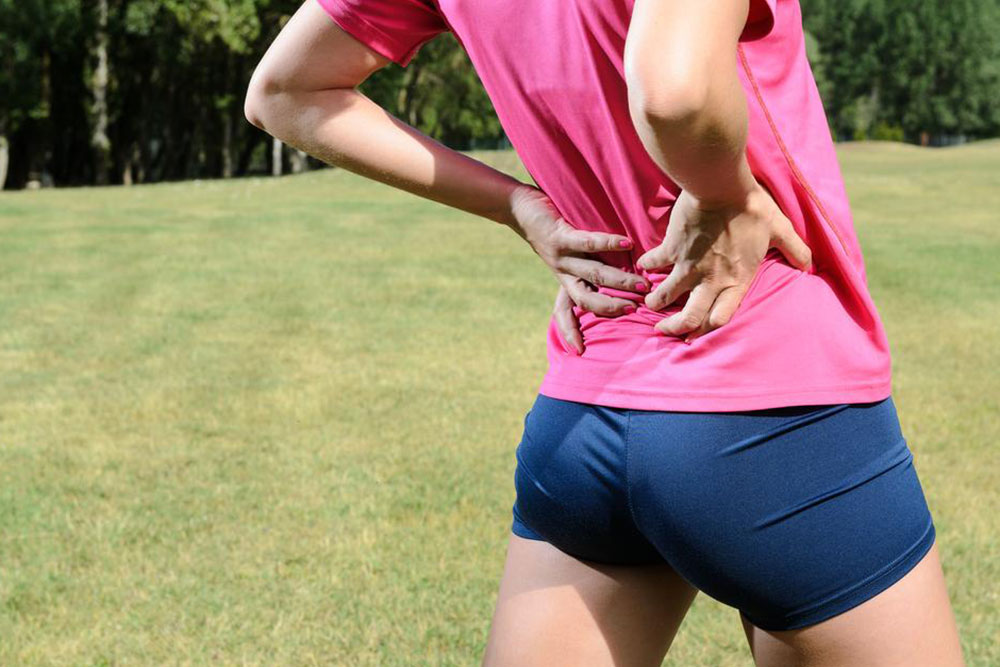4 simple and effective bulging disc treatments
Bulging disc is a degenerative disc disease that is caused by one of the discs in the spinal vertebrae (often in the lower back) becomes weakened and swollen through a spinal crevice and the disc moves from its usual position. This happens over time without any associated pain. As the problem aggravates, the bulging disc affects the surrounding nerves. This causes pain, weakness in one of the arms or legs and there is numbness.

A bulging disc in the lower back affects the calves, thighs, and buttocks. There is intense pain in these parts. The pain can extend to one of the feet as well. This degenerative disc disease can also occur in the neck region. In this case, extreme pain is experienced in in the shoulders and arms. There is often numbness or tingling sensation in wherever the nerves have been affected by the bulging disc. This might also cause the muscles around and in the affected areas to become weak that may lead to mobile impairment, that is, cause difficulty in normal movements leading stumbling and falling.
Burning disc does not need any surgery as a remedial measure. Often physiotherapy and other physical routines are used as effective bulging disc treatments. Here are a few easy and simple bulging disc treatments that can help to get relief from the symptoms of this degenerative disc disease.
- Consult a chiropractor for spinal adjustments: After careful examination, a chiropractor will identify the causes and the area where the bulging disc is located. Then a bulging disc treatment will be chalked out. This involves performing targeted adjustments that realign the affected disc of the spine. Muscle stimulation, flexion-distraction, supplementation and exercises and stretches that can be done at home.
- Visit a physiotherapist: If the symptoms of bulging disc are extreme, that is if the person is unable to move around or perform everyday tasks, it is important to consult a physiotherapist. The therapist would be able to show certain stretches and exercises that can improve flexibility, the range of motion and increase the strength of the affected muscles.
- Be physically active: A sedentary lifestyle that involves sitting for long hours can aggravate the symptoms of bulging disc. Being inactive will weaken the muscles, and there will be more pressure on the affected disc. It is essential to remain physically active and follow a good daily physical exercise routine. Yoga, reiki, tai chi, and brisk walking can keep the muscles strong and flexible, thus alleviating pain and numbness.
- Watch what you eat: Eat an anti-inflammatory diet. One of the simplest bulging disc treatment is to eat healthily. Include foods such as green leafy vegetables, extra virgin olive oil, coconut oil, lean proteins, and probiotics in your daily diet. These will reduce inflammation and keep the bones and muscles strong.




